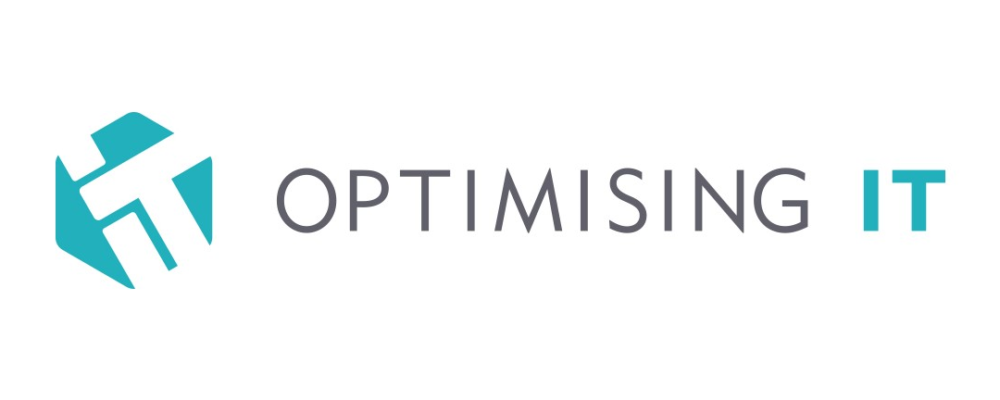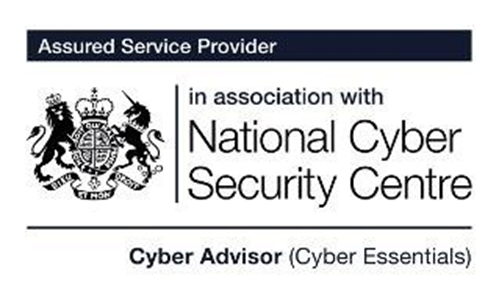
Most small business owners are running on a strict budget and need to control their spending. New computers and servers can leave a severe dent in that budget, so understandably, they want to find a more cost-effective solution. IT support managed services can be just the solution.
Companies with the capital to purchase the latest IT solutions to operate their business can immediately boost productivity and efficiency. But what about small businesses? Without the proper budget, how will they ever compete?
IT support managed services can offer a cost-effective solution to your company’s IT infrastructure needs.
Common Questions Asked About Managed IT Services
Technology continues to evolve rapidly. Breakthroughs in data management and machine learning can change how you interact with your customers online. It’s reshaping marketing with the capacity to predict and meet customer needs more readily. But what if your company doesn’t take advantage of these latest technologies? You will continue to fall further behind … while businesses around you, including the competition, will continue to move forward.
Thankfully, IT support managed services are available to level the technology playing field. With a managed IT services provider, your company will benefit from highly trained, certified, and experienced technical engineers to help with your IT infrastructure.
Here are some of the most frequent questions and answers regarding managed IT support.
What Are Managed IT Services?
Managed IT services outsource your IT infrastructure — computers, network and help desk support — to a third-party vendor. These service providers are one of the leading ways modern businesses keep their IT systems secure from cyber threats.
When you’ve decided on a managed IT partner, that partner will install monitoring software on all of your company PCs and servers. Limits are set up on your systems so they can receive automated feedback if a threshold is breached. They will then monitor for and prevent around-the-clock cyber threats, provide after-hours security patching and updates, and issue detailed IT security reports. Additional services are also offered, which may include on-site support, business continuity, or software licensing management.
How Much Does IT Managed Support Cost?
The pricing of IT support companies in Bristol will vary. There is no such thing as standardised pricing when it comes to managed IT services. Most will, however, quote prices based on the total number of users.
Finding the right IT support managed services provider at the right price will take patience and knowledge of your company’s needs. IT support in Bristol that offers all-in, fixed-fee pricing with no hidden costs is a great start.
Choosing a managed IT service provider that works for you will take time and research. However, there are a few ways to speed up the process. First, identify which IT services your company needs, then research IT support companies in Bristol that provide those services. Visit those companies’ websites, then call them, ask questions and take notes.
What Are The Benefits of IT Managed Services?
Managed IT services have two main benefits: reduced technology costs and priceless peace of mind. When contracting with a managed IT services provider, your company’s data is 99% secure against cyberattacks. If anything happens, IT support is available on call at any time.
The cost of business downtime due to data breaches, non-compliance, and cyberattacks can be steep. IT managed services provide a reasonable price that is more cost-effective than digging your IT infrastructure out of the rubble of an attack for which it wasn’t prepared.
Why Use Managed IT Services?
Modern cybersecurity is more trouble than it has ever been. Businesses would rather outsource their IT problems to third-party professionals than handle them themselves. And with good reason: Network security demands constant attention to detail on a consistent moment-to-moment basis.
Even the most minor misstep in cybersecurity could see your entire infrastructure brought to its knees. The damage could be catastrophic and happen in just the blink of an eye leading to business downtime and a significant hit to revenue. Even an in-house IT team may not be able to focus on security every second of the day. This is what managed IT support services are trained to do.
What Are Managed IT Infrastructure Services?
Managed IT infrastructure services are for larger corporations. They provide managed IT services across an entire enterprise infrastructure, including management of communication systems, databases, packed data centres, and usually cloud storage and cloud infrastructure (IaaS). Managed IT infrastructure services providers often employ programmers, enterprise architects, and other extremely specialised IT professionals.
Is My Company Too Small For IT Managed Services?
Small businesses usually weigh the cost of partnering with a managed IT services provider against hiring an in-house IT team. Some organisations may require an in-house IT team to handle cybersecurity and compliance tasks. Having one doesn’t mean you shouldn’t utilise the other.
Again, it comes down to cost. Is hiring a single IT expert enough to handle the entire IT infrastructure of your company? Would hiring a whole team of full-time employees for IT staff be a cost-effective decision? When you partner with a managed IT support provider, you gain an entire group of experts ready to tackle and resolve your IT issues.
Is There Anything Else I Should Know About IT Managed Services?
Decide what your company needs regarding IT services. Access to responsive techs, when required, is one of the many benefits of a managed IT provider. Cloud computing is almost essential in today’s office setting. Scalability is also available from the most reputable IT service providers to grow alongside your business.
Any managed service provider’s priority should always be to have a good reading of the pulse of your company. They should be able to help you assess your current IT infrastructure and determine what you need to provide your customers with a better online experience. Think of them as an extension of your staff, improving productivity, efficiency and security without diverting the company’s attention or resources from its focus.













